Category Archives: Health
Left Side Pain Above Hip: Symptoms, Causes and Treatments
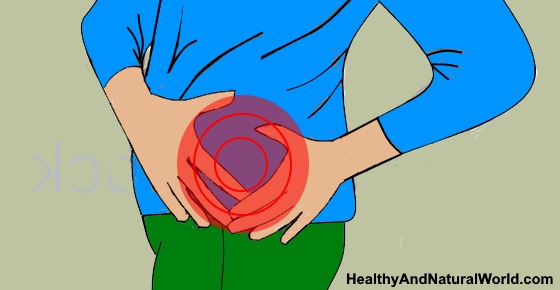
Left side pain above the hip can be caused by problems with your hip bone, pelvis, or organs in your lower left abdomen. Pain above the left hip can feel like a persistent dull ache or a burning sensation that comes and goes. Or, pain at the left hip bone can result in sharp, shooting pains in your lower back and down your left leg. Sometimes, pain from other organs in your abdomen can radiate to your left side and can feel as if your left hip is sore.
Breakfast Cereals Are Full of Synthetic Ingredients, One is Found in Paint Thinner – Trisodium Phosphate (TSP) in Cereal or In Food: Is it Really Safe?

Trisodium phosphate (TSP) is a common food additive in cereal and other foods. TSP is used in cereal production to improve its color and help in the production process. Trisodium phosphate is also added to cheeses to improve their melting properties and help keep their shape. Some types of bread and pizzas contain TSP because it also acts as a leavening agent. You may also find trisodium phosphate listed as an ingredient in processed meat because it helps keep the processed meat moist.
Right Upper Quadrant Pain Under Ribs: Causes and Treatments

Upper right abdominal pain under the ribs can be caused by a number of health issues ranging from mild to life-threatening. The right upper part of the abdomen is also known as the right upper quadrant, or RUQ. Organs in the upper right side of your body include your liver, gallbladder, right kidney, right lung, pancreas, and part of your colon and stomach. Right upper quadrant pain (RUQ) can feel sharp and stabbing if caused by trapped gas or a kidney stone. Or, you could have persistent gnawing or cramping pains if you have inflammation or infection in any of the organs in your upper right abdomen.
High TSH: Causes, Symptoms, and How it Affects T3 and T4
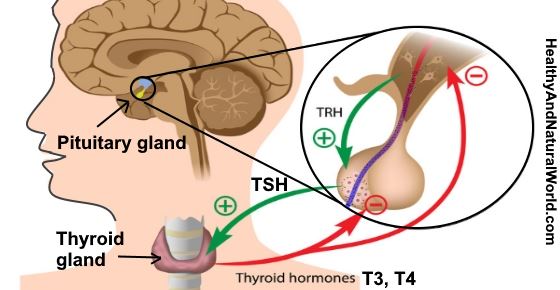
High level of TSH usually indicates that you have an underactive thyroid and that it doesn’t produce enough thyroid hormones. Thyroid-stimulating hormone (TSH) directly affects how much T3 and T4 hormones the thyroid secretes. If there is not enough T3 and T4 in the blood, your pituitary gland will increase levels of TSH as a result. Elevated TSH levels usually cause symptoms of hypothyroidism like fatigue, constipation, joint pain, a puffy face, or heavy menstrual bleeding (in women).
Low TSH: Causes, Symptoms, and How it Affects T3 and T4
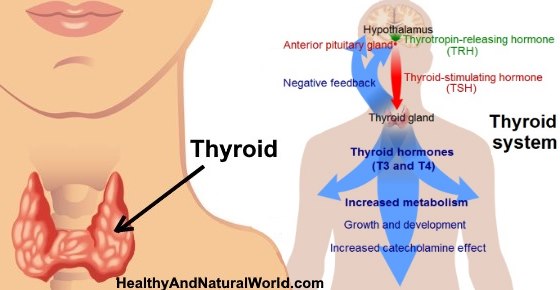
Low TSH levels (thyroid-stimulating hormone) usually mean that your thyroid is producing too much T3 and T4 thyroid hormone. Because an overactive thyroid secretes too much thyroid hormones, signals are sent to your pituitary gland to secrete lower TSH levels. This can cause symptoms of low TSH or hyperthyroidism such as weight loss, nervousness, difficulty sleeping, or light periods (in women).
Stringy Poop: Common Causes of Narrow or Thin Stool
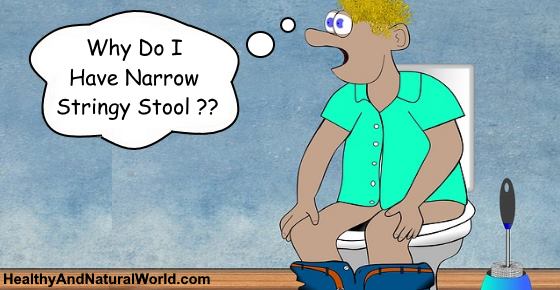
Changes in your bowel habits can cause you to have stingy poop or narrow stool. In the majority of cases, stringy poop is due to infections or inflammation in your intestines. If you occasionally pass narrow or thin stools there is probably nothing to worry about. However, if your poop has become stringy all the time, it could indicate an issue with your bowels that requires a visit to your doctor.
Why Does It Hurt When I Poop: Causes And Treatments For Painful Bowel Movements

It can be a very unpleasant experience if sharp pains during a bowel movement make it hurt when you poop. Pain when pooping can happen to anyone at some point in their lives. Painful bowel movements can be caused by hemorrhoids, diarrhea, or inflammation in your rectum. Straining to pass stool because of constipation can also make defecation painful. Even just eating spicy foods can irritate your anus causing burning diarrhea and a burning sensation during or after a bowel movement.
Red Bumps or Spots on Back of Throat: What it Means and How to Get rid of It
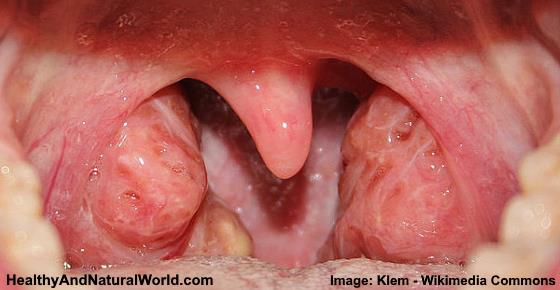
Red bumps on the back of your throat usually mean that you have an inflammation, irritation, or an infection in your upper respiratory tract. Because the back of the throat is already red, it can be difficult to notice red spots on your throat. The red bumps can appear as small red dots in the throat or they can look like sore red ulcers. Usually, treating red spots on your tonsils or throat involves soothing the irritation or gargling with salt water to kill off infection-causing germs.
Mucus in Stool: Is It Normal? Causes and Treatments

It’s normal for a little amount of mucus to be in your stool sometimes. If you have no other symptoms, then there is usually no cause for concern if your stool has some slimy bits in it. Mucus in your stool is usually clear but sometimes can be yellowish or white. Infections in the intestines can change rectal mucus to a thick slimy substance.
